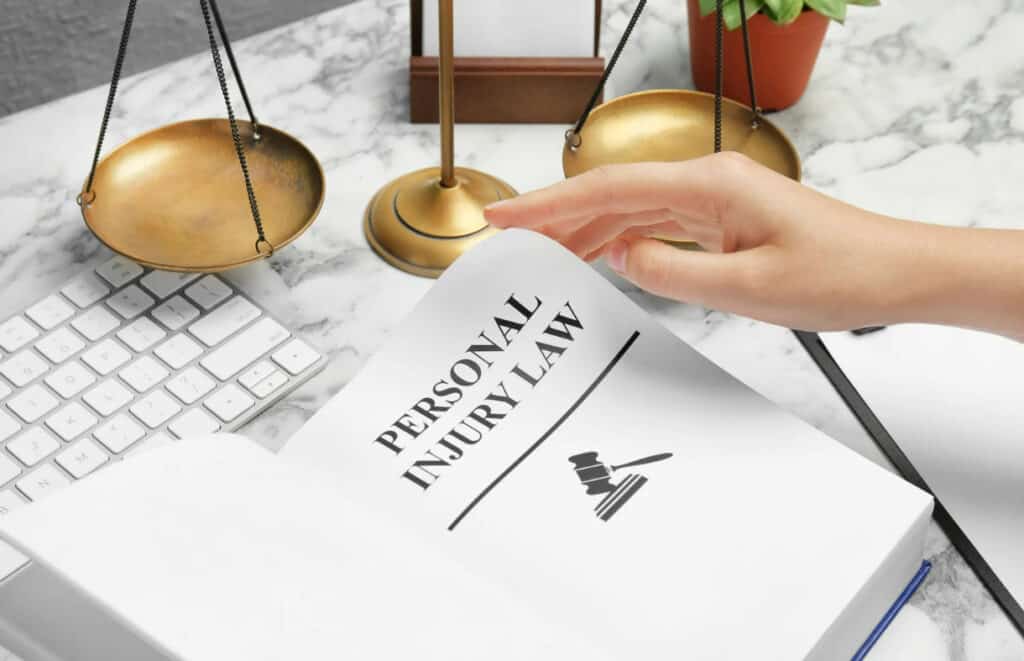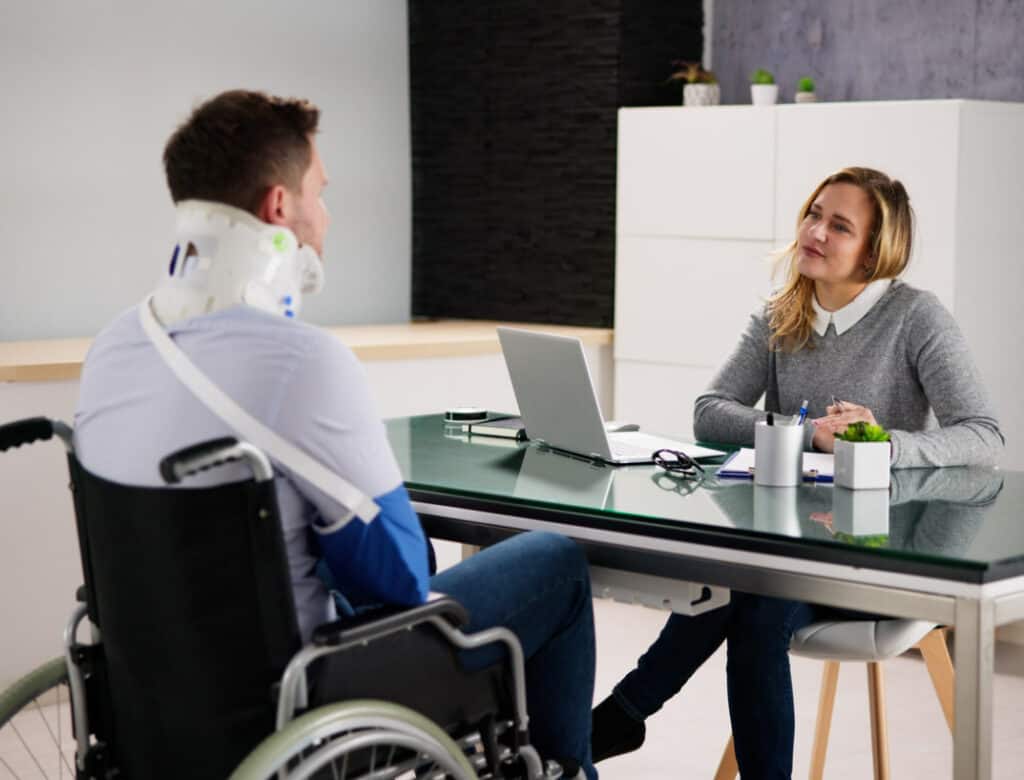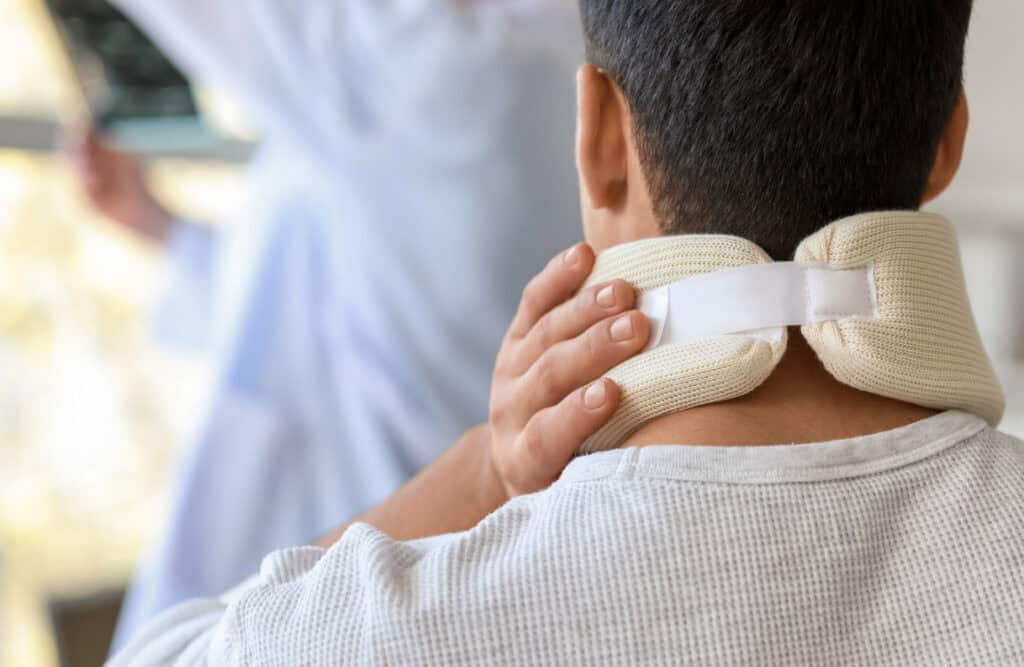When visiting a doctor or hospital, everyone expects to get professional help for the condition that brought them there. Unfortunately, not all visits to the doctor will remedy everything.
Table of Contents
The doctor has a legal obligation to do what any other doctor would do, given the circumstances. This legal obligation is called duty of care in legal terms and is part of the four elements of negligence.
If a doctor deviates from their duty of care and causes harm to their patient, the patient may have grounds for filing a personal injury lawsuit. This is where experts, such as Attorney Russell J. Berkowitz, prove extremely significant.

These professionals help victims of medical malpractice or personal injury get the compensation that they deserve. Let’s delve deeper into effective ways to deal with personal injury or medical malpractice.
Personal Injury vs. Medical Malpractice Lawsuits
Personal injury is the physical or mental harm an individual suffers in an accident. When the accident results from another person’s negligence, the accident victim has a legal claim to compensation by filing a personal injury claim.
The phrase “personal injury” covers many accidents, including workplace accidents, slip and fall accidents, and medical malpractice. Medical malpractice lawsuits arise specifically when a medical professional or institution’s negligence causes harm to their patient.

Establishing Negligence
Like other personal injury cases, medical malpractice lawsuits are based on negligence. If you are to recover compensation for a medical malpractice lawsuit, all four elements of negligence—the duty of care, breach of duty, causation, and damages—must exist.
The duty of care is established when a doctor-patient relationship is established and refers to the legal responsibility of a medical professional to provide the standard of care another professional with the same training and under the same circumstances would provide.
In the event of a deviation from the standard of care, the medical professional or institution will be in breach of duty. Causation is the link between the breach and the resulting injury, while damages are the losses suffered due to the injuries.
If a claimant cannot prove all four elements, they will not be eligible for compensation. For example, suppose all elements exist, but no recoverable damages result from the accident. In that case, the plaintiff may not recover compensation.
Recoverable Damages
If you successfully prove your medical malpractice case, you will be eligible for compensation for economic and non-economic damages. Economic damages include the cost of medical treatment, lost wages, and other costs directly related to the injuries suffered through medical malpractice.
Non-economic damages, on the other hand, are non-monetary and can include pain and suffering, disfigurement, and emotional distress, among others. Additionally, in some cases, punitive damages may be awarded to punish the negligent party and deter similar conduct in the future.
It’s important to consult with an experienced attorney who can help you navigate the complexities of a medical malpractice lawsuit. Proper legal guidance can significantly increase your chances of obtaining the compensation you deserve.

Damage Caps
In the world of personal injury claims, many states impose caps on non-economic damages. Unfortunately, when the cap is set too low, personal injury firms often find themselves unable to pursue a case due to the high costs involved, ultimately resulting in lost compensation for their clients.
For those residing in Ohio, the cap on non-economic damages can range anywhere from $250,000 to $500,000, depending on the case’s unique circumstances.
Unlike other states where medical malpractice lawsuits are common, Ohio has seen a significant decrease in the number of cases being brought to court in recent years.
This can largely be attributed to the pushback and lobbying efforts of powerful entities such as medical associations and insurance companies. As a result, finding an experienced lawyer who can navigate these challenges and fight for your rights becomes all the more critical.
Dealing with Personal Injury and Medical Malpractice
When dealing with personal injury or medical malpractice, securing experienced legal representation is crucial. A knowledgeable attorney can navigate the complexity of your case, establish negligence, and fight for the compensation you deserve.
This ensures you are properly compensated for both economic and non-economic damages resulting from the harm suffered.



